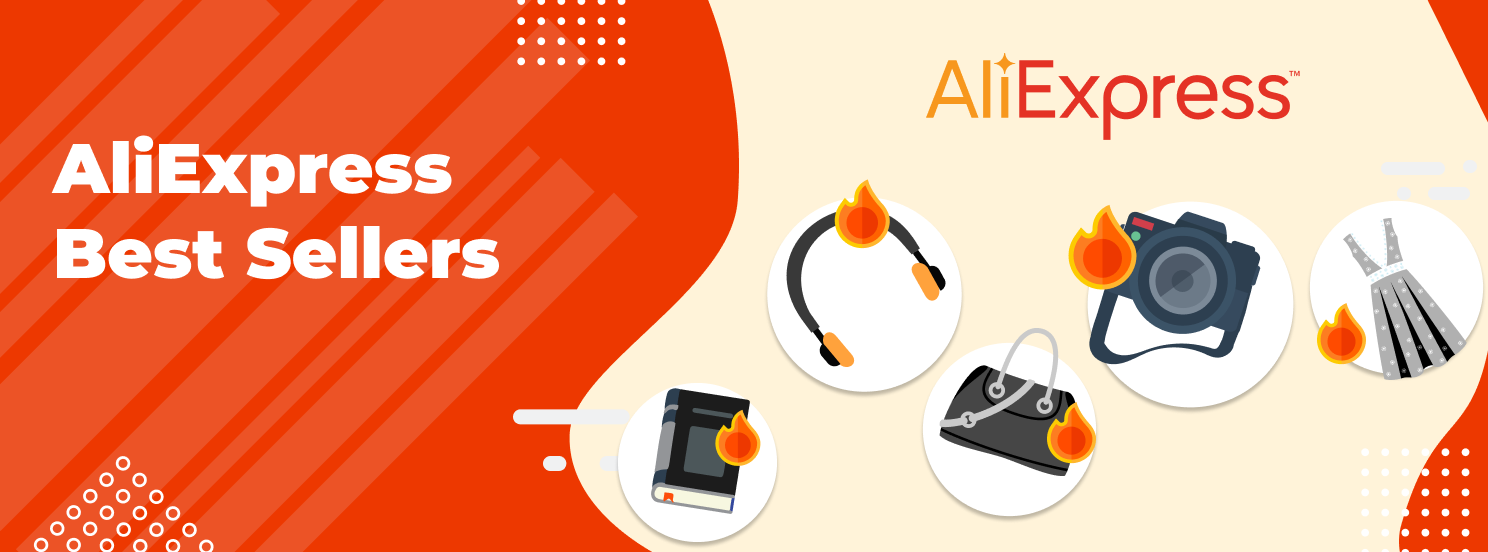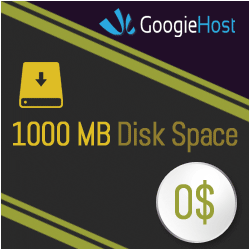1-PreVeil

Why Did We Choose It?
It seems logical to think that businesses would rely on encryption systems that are more advanced and robust than what’s available to the average consumer. It also seems reasonable to assume that business-grade encryption would come at a high cost. However, Preveil defies both of these assumptions. Its powerful technology has Department of Defense certification, yet it’s offered at no cost—yes, it’s completely free.
Switching to encrypted email often requires adapting to a new email address, but Preveil allows you to continue using your existing one. It doesn’t require a master password either; instead, your trusted device handles authentication. If you lose all your trusted devices, a multi-person recovery system using advanced technology ensures you can regain access to your account.
In addition to secure email, Preveil provides 5GB of encrypted file storage. If you need more space, you can upgrade to 5TB for a monthly fee of $25. The service also allows for secure file sharing with other Preveil users, offering four different permission levels.
Who Is It For?
Switching to encrypted email is a great step for privacy, but it can be inconvenient. Preveil eliminates these challenges by allowing you to keep your current email address without paying anything. Since it’s free, there’s no burden on your contacts when you ask them to join, enabling you to benefit from encryption that meets government standards.
2-Proton Mail

Why Did We Choose It?
Proton Mail might ring a bell because of its association with Proton VPN, a highly rated service. Opting for a top-tier paid Proton Mail subscription not only grants access to secure email but also includes Proton’s VPN, calendar, cloud storage, and password management applications. However, you can still enjoy Proton Mail for free if you’re willing to accept some limitations.
Switching to Proton Mail means adopting a new email address, which can actually be a chance to escape the spam and clutter of your old inbox. Emails exchanged between Proton Mail accounts are end-to-end encrypted, while communications with non-Proton users are protected through password-based encryption that you manage separately.
Proton Mail offers more than just secure email. You’ll also benefit from an encrypted calendar. High-tier subscribers can use Proton Drive for up to 500GB of encrypted file storage. Additionally, Proton Pass handles password management, and the SimpleLogin service lets you create temporary email addresses for extra security.
Who Is It For?
You can start using Proton Mail without spending a dime. If you enjoy the service and need more features, upgrading to a paid plan unlocks additional benefits. Top-tier subscribers gain access to a comprehensive suite of Proton’s tools, including the award-winning VPN. Whether you go for the free or paid version, Proton Mail stands out as a secure and feature-rich option.
3-StartMail

Why Did We Choose It?
Encrypting your email ensures that your private communications with trusted contacts remain secure and untampered. For situations where you need to interact with less reliable sources, using temporary or disposable email addresses (DEAs) adds another layer of protection. StartMail offers both features seamlessly.
When you need to provide an email address to sign up for a newsletter, shop with a new online merchant, or make other nonpersonal connections, StartMail allows you to create an email alias. Messages sent to the alias appear in your main inbox, and any replies you send will seem to come from the alias. If that alias starts receiving unwanted emails, such as spam, you can easily disable or delete it to cut the connection.
Who Is It For?
If you prefer a comprehensive approach to email security, StartMail is for you. It provides end-to-end encryption for communication with trusted contacts, while its alias system helps protect your main email address from questionable senders. It’s an ideal solution for those who value both privacy and flexibility.
4-SecureMyEmail
Why Did We Choose It?
Starting with email encryption often means having to adopt a new email address, which isn’t always practical. SecureMyEmail solves this problem by allowing you to keep your existing email account and still protect your communications, provided your account supports IMAP. Better yet, if you use Gmail, Yahoo, or Microsoft email services, you can use SecureMyEmail for free. Those who choose to pay for a subscription can secure up to eight different email accounts.
SecureMyEmail uses PGP (Pretty Good Privacy) for encryption but simplifies the complexities of this technology. Users only need to create and remember a PGP passphrase, which is separate from their account password. Sending encrypted emails is straightforward, even if the recipients don’t use SecureMyEmail. The service encrypts messages for non-users using a key pair generated based on the recipient’s email address, eliminating the need for passwords.
Who Is It For?
If you have multiple email addresses that you consider important enough to warrant encryption, SecureMyEmail could be a cost-effective solution. Instead of paying for separate encryption services for each account, a single subscription lets you encrypt up to eight email addresses, making it an appealing choice for those with multiple accounts to protect.
5-Tuta Mail

Why Did We Choose It?
If you sent a sensitive letter to the wrong hands, your return address alone could pose a risk. Tuta Mail provides comprehensive protection with open-source encryption, covering the body text, headers, subjects, and even encrypting your contacts when not in use. The free tier lets you send unlimited messages, while the paid tier remains affordable compared to other services.
Tuta Mail ensures secure and efficient access by creating an encrypted index on your local device, allowing you to search your messages without compromising security. Paying users enjoy unlimited search capabilities, while free-tier users are limited to searching the past 30 days.
Similar to other secure services, Tuta Mail simplifies end-to-end encryption when communicating with fellow Tuta Mail users and offers a password-protected method for non-users. It also features an encrypted calendar for added convenience. The Filter system allows automatic message organization based on content or header details, and mobile apps grant full functionality on the go.
Who Is It For?
If you’ve held off on using encrypted email because it seemed too costly or complicated, Tuta Mail offers a user-friendly and budget-friendly solution. Setting up a free account is easy, and if you decide to upgrade to the Premium edition for additional features, it remains highly affordable.
6-Virtru for Google Gmail

Why Did We Choose It?
Virtru delivers business-grade encryption to everyday users, free of charge. Setting it up is simple: install the Virtru extension in Chrome, log into your Gmail account, and enable the encryption service. There’s no need for an additional password or separate login; the security relies on your existing Gmail password and two-factor authentication.
Virtru gives you more control than basic encryption. You can set messages to expire after a certain time and even change the expiration settings on sent messages. Attachments can be watermarked to verify authenticity or restricted to read-only mode. Recipients don’t need a password to view secure messages, but only they can open the email, verified by their email account ownership. You can also limit actions like replying and forwarding.
Who Is It For?
Virtru is ideal for Gmail users who work with Chrome. If you don’t use either, this service isn’t for you. But for those who fit the requirements, using Virtru through its browser extension is nearly effortless and provides robust, user-friendly encryption.
7-Private-Mail

Why Did We Choose It?
Private-Mail is developed by the same team behind TorGuard VPN. For those willing to accept some restrictions, the service offers encrypted email and file sharing for free. Upgrading to the Standard edition expands your email and file storage capacity from 100MB to 10GB each and adds useful features like a secure calendar and mail syncing across devices. The Pro edition, while pricier, further increases storage space.
Private-Mail allows you to encrypt or digitally sign emails using PGP once you exchange keys with your contacts. Storing files securely is straightforward—just drop them into the Encrypted folder. For added flexibility, Private-Mail uses a different set of PGP keys for file encryption. You can share files with PGP-protected contacts or opt for password-based sharing, where you separately communicate the password.
Who Is It For?
Private-Mail’s email encryption may be slightly less automated compared to some competitors, but it is equally secure. Its real advantage lies in the versatile file-sharing options, giving users the ability to use PGP when possible or rely on simple password-based protection when needed.
Pros
- Option to upgrade for additional features and storage
- Flexible file-sharing system
- Secure email and file storage




